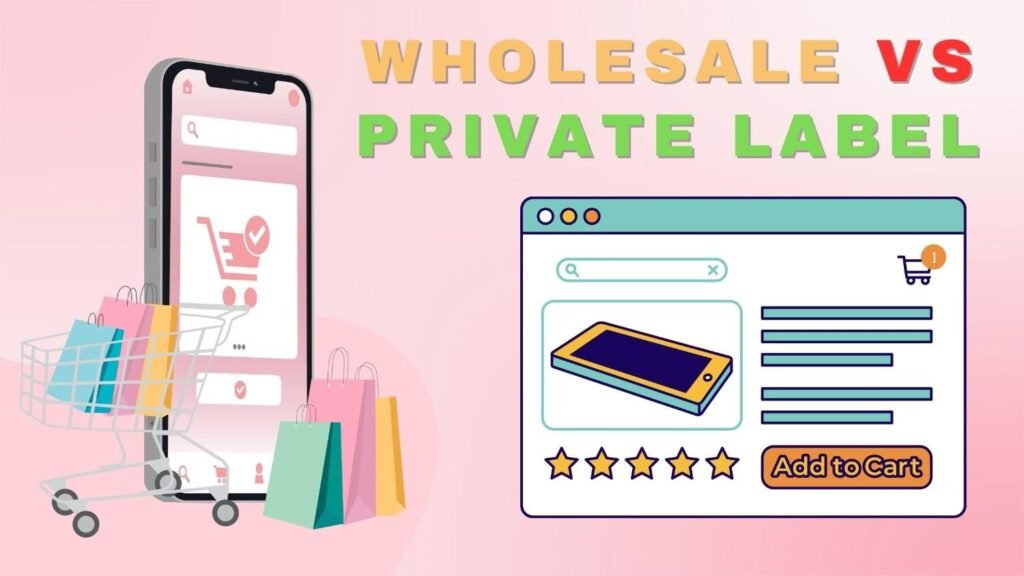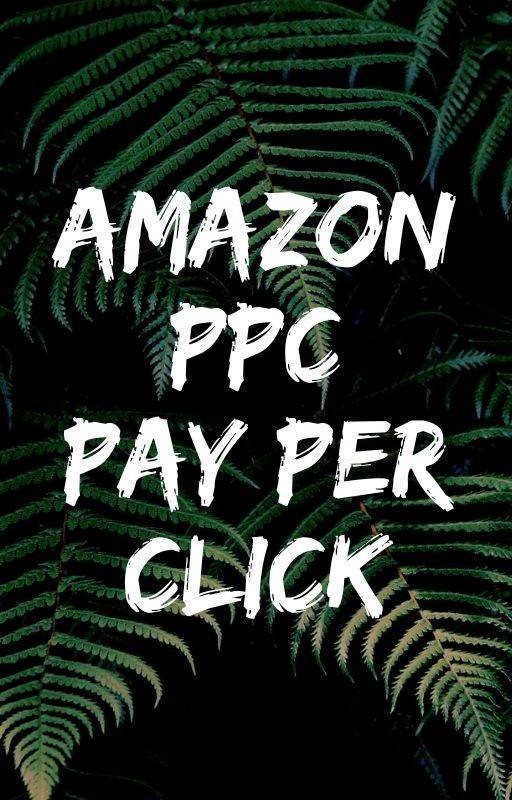Introduction
Have you ever thought about diving into the world of Amazon businesses? With the e-commerce giant offering multiple avenues for entrepreneurs, deciding which model suits your goals and resources can be overwhelming. Today, we’ll delve into two popular Amazon business models: Wholesale and Private Label. By the end of this article, you’ll have a clearer understanding of the pros and cons of each, helping you decide which path is right for you.
Understanding Wholesale
What is Wholesale Selling on Amazon?
Wholesale selling on Amazon involves purchasing bulk products from established brands and reselling them on the platform. Essentially, you act as a middleman, leveraging brand recognition and existing customer demand to make sales.
Advantages of Wholesale
- Immediate Brand Recognition: Established brands already have a customer base and trust, making it easier to sell their products without extensive marketing.
- Straightforward Process: The process is relatively simple—find a product, contact the supplier, buy in bulk, and list on Amazon.
- Lower Risk: Since you’re selling products with a proven market demand, the risk of failure is minimized.
Disadvantages of Wholesale
- High Competition: Due to the popularity of established brands, be prepared for intense competition.
- Lower Margins: Wholesale products often have narrower profit margins compared to private label products.
- Supplier Dependence: Your business relies heavily on your relationship with suppliers, which can be variable and sometimes unreliable.
Exploring Private Label
What is Private Label Selling on Amazon?
Private Label selling involves creating and selling your own branded products on Amazon. You have complete control over the design, packaging, and branding of the products, which you typically source from manufacturers.
Advantages of Private Label
- Higher Profit Margins: Since you’re cutting out the middleman, you can enjoy more significant profit margins.
- Brand Ownership: Owning your brand means you can build loyalty and a unique identity, making it harder for competitors to copy your success.
- Scalability: With a successful brand, scaling your business can lead to substantial long-term rewards.
Disadvantages of Private Label
- Initial Investment: Creating a private label product requires more capital upfront for production, marketing, and branding.
- Market Research: It demands thorough market research to ensure that your product meets customer needs and stands out from the competition.
- Longer Time to Market: The entire process—from product development to establishing a brand—can be time-consuming.
Navigating the Decision: Wholesale vs. Private Label
Consider Your Budget
- Wholesale: Ideal for those with limited capital. You don’t need a huge upfront investment since you’re buying existing products in bulk.
- Private Label: Requires a more substantial upfront investment for manufacturing, branding, and marketing, but offers higher potential returns.
Evaluate Your Risk Tolerance
- Wholesale: Lower risk because you’re selling proven products with existing demand.
- Private Label: Higher risk due to the uncertainties involved in creating and marketing a new product.
Time and Effort
- Wholesale: It is easier to get started and scale quickly since you’re dealing with established products.
- Private Label: Time-consuming due to the involvement in product development, branding, and marketing.
Passion and Vision
- Wholesale: Might be more suitable if your goal is to quickly enter the market and generate steady income without a strong passion for building a brand.
- Private Label: Perfect for those who have a clear vision and enthusiasm for creating a unique product and brand.
Real-Life Examples
A Wholesale Success Story
Consider John, who started his Amazon business by investing $5,000 in bulk purchases of well-known kitchenware. By leveraging the brand’s existing popularity, he quickly gained traction and turned his initial investment into $10,000 in profit within six months.
A Private Label Triumph
Now, let’s look at Emma, who spent $15,000 developing a unique skincare line. Through careful market research and effective branding, she carved out a niche market, and within a year, her brand was generating $50,000 in monthly revenue.
Conclusion
Deciding between wholesale and private label on Amazon ultimately boils down to your budget, risk tolerance, time investment, and personal goals. Both models offer unique advantages and challenges. Wholesale can provide a faster, lower-risk entry into the market, while private label offers the potential for higher rewards and brand ownership.
“Your choice should align with your long-term vision and what you’re willing to invest in terms of time and resources.”
Ready to jump in? Evaluate your strengths, resources, and what excites you the most. Whether you choose wholesale or private label, Amazon offers an incredible platform to launch and grow your business.



